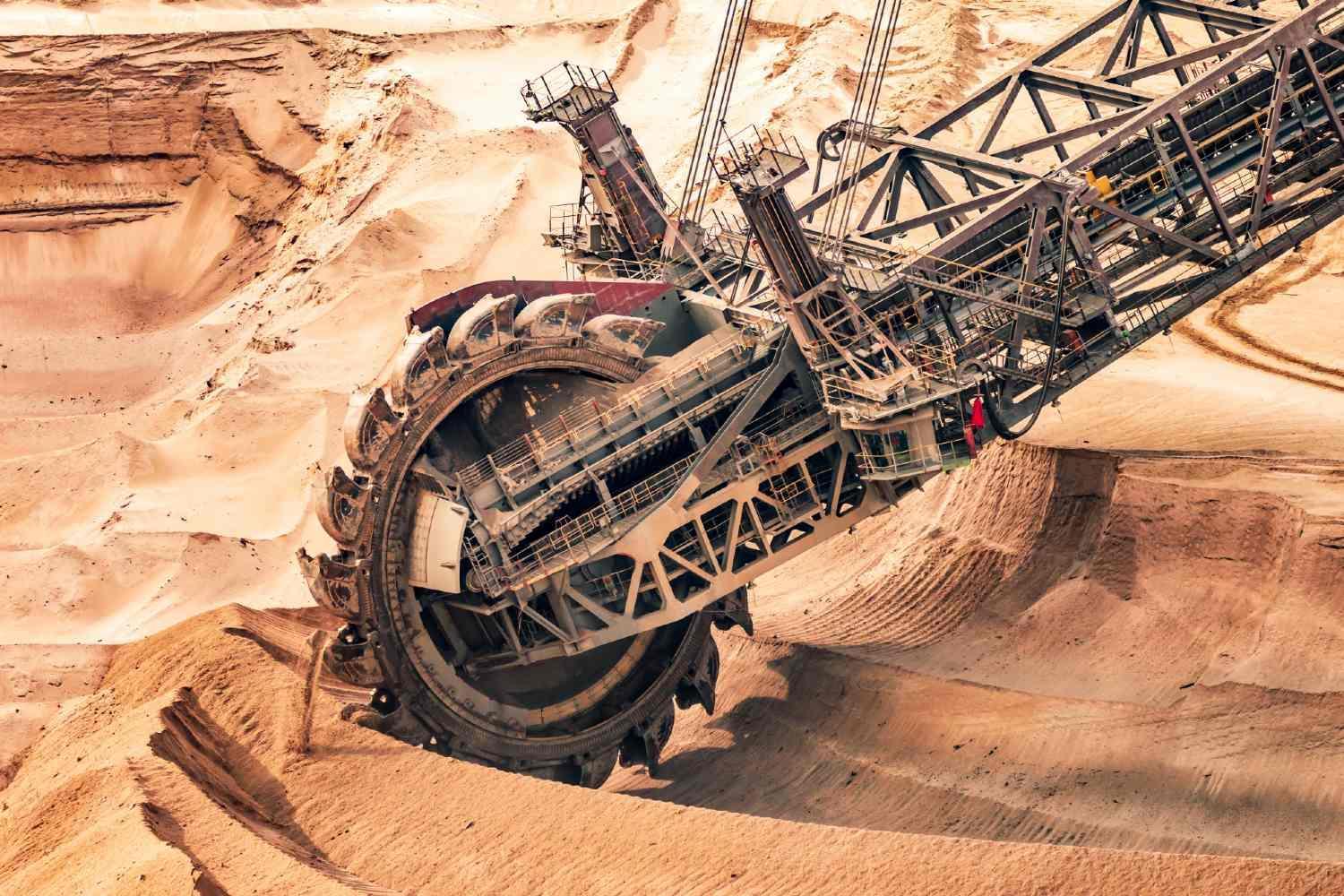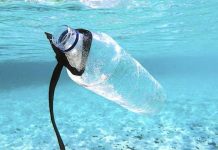Africa-Press – Namibia. Namibia represents the fourth-largest producer of uranium oxide and eighth-largest producer of diamonds in the world, and is home to vast reserves of base metals, precious metals and rare earth elements.
As the transition to a green economy stimulates demand for critical minerals globally, the country is emerging as a potential supplier to Europe, while enacting policies to ensure the addition and retention of local value.
In the context of the global energy transition, Namibia has emerged as an up-and-coming source of critical minerals that are essential to the development of renewable energy technologies, such as cobalt and lithium.
A lithium mine is currently being developed in western Namibia by global exploration and development company, Lepidico, which is engaged in discussions with various U.S. companies to fully exploit Namibia’s lithium take-off, while also targeting various by-products including cesium and rubidium.
In the Kunene Region of northern Namibia, drilling has commenced at the Opuwo Cobalt Mining Project, with Celsius Resources having completed the first of eight diamond drilling holes in March 2022. Last May, Andrada Mining also produced the first bulk lithium concentrate at its Nai-Nais mine, as part of an off-site pilot test program to investigate the mine’s potential.
A significant deposit of rare earth metals at Kalkfield in the Otjozondjupa Region was announced by the Ministry of Mines and Energy in March 2022, boasting a proven ore body of approximately 579 million tons and a cut-off grade of 0.01 to 1.00 percent of rare earth metal-bearing materials.
Such promising deposits of rare earth metals are expected to accelerate mining investment in the country, as the ongoing energy transition stimulates demand for critical minerals required in the production of renewable energy storage, batteries and electric vehicles. In October 2022, the Namibian government reached a provisional agreement to sell its rare earth minerals to the European Union, as part of efforts to position itself as a mining hub in Africa, as well as provide an alternative to China as Europe’s primary supplier of critical minerals.
Ensuring Local Value Addition and Beneficiation
There have been several recent developments in Namibia’s quest to generate and retain local value within its mining sector – the most significant being an export ban announced by the Namibian government last June on unprocessed lithium and other critical minerals. The move aligns with Namibia’s strategy to play a major role in supplying the global market with energy transition minerals, in the interest of both promoting clean energy development around the world and establishing diversified, value-added industries within its own territory.
For More News And Analysis About Namibia Follow Africa-Press






